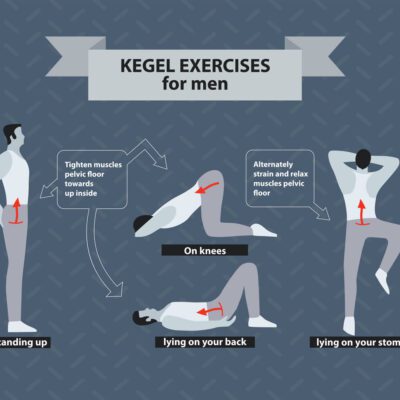Health Tips
How to Boost Low Libido in Women and Men
Libido refers to a person’s sexual drive or desire for sexual activity. It is a natural aspect of human sexuality and is influenced by many different factors, including physical and emotional health, hormonal levels, relationship dynamics, and psychological and social factors. A strong libido is considered a normal part of human sexuality, and many people experience changes in their libido throughout their lives due to changes in their circumstances or health.
Libido can range from low to high, and can be influenced by many different factors. For example, stress, anxiety, and depression can decrease libido, while physical exercise, a healthy diet, and adequate sleep can increase libido. Hormonal changes, such as those that occur during pregnancy or menopause, can also impact libido.
In general, a healthy libido is considered an important aspect of sexual health and well-being, and it can play a significant role in intimacy and relationships. If a person is experiencing low libido, there are often several strategies that can be helpful, such as seeking medical or psychological treatment, improving communication with their partner, and making lifestyle changes to increase physical and emotional well-being.
How to boost low libido in Men :

There are several strategies that may help boost low libido in men, including:
- Exercise and healthy lifestyle: Regular exercise can help improve circulation and boost energy levels, which can have a positive impact on libido. Eating a healthy diet and getting enough sleep can also help improve overall health and well-being.
- Medical treatment: If low libido is related to a medical condition, such as depression, hormonal imbalances, or cardiovascular disease, treating the underlying condition may help improve libido.
- Medications: There are some medications, such as testosterone replacement therapy, that can help boost low libido in men.
- Communication with a partner: Talking openly and honestly with a partner about sexual desires and preferences can help improve intimacy and boost libido.
- Stress management: High levels of stress can negatively impact libido, so finding healthy ways to manage stress, such as through exercise, meditation, or therapy, may help improve libido.
- Pelvic floor muscle exercises: Kegel exercises can help improve blood flow and strengthen the muscles in the pelvic region, which can enhance sexual response and boost libido.
It’s important to note that everyone is different and what may work for one person may not work for another. It’s best to talk to a doctor or a mental health professional to determine the underlying cause of low libido and receive personalized recommendations.
Buy Vigore 50 Online
How to boost low libido in Women :
There are several strategies that may help boost low libido in women, including:
- Exercise and healthy lifestyle: Regular exercise can help improve circulation and boost energy levels, which can have a positive impact on libido. Eating a healthy diet and getting enough sleep can also help improve overall health and well-being.
- Medical treatment: If low libido is related to a medical condition, such as depression, hormonal imbalances, or medications, treating the underlying condition may help improve libido.
- Hormonal treatments: Hormonal therapies, such as testosterone replacement therapy or hormonal contraceptives, may be helpful in boosting low libido in women.
- Communication with a partner: Talking openly and honestly with a partner about sexual desires and preferences can help improve intimacy and boost libido.
- Stress management: High levels of stress can negatively impact libido, so finding healthy ways to manage stress, such as through exercise, meditation, or therapy, may help improve libido.
- Pelvic floor muscle exercises: Kegel exercises can help improve blood flow and strengthen the muscles in the pelvic region, which can enhance sexual response and boost libido.
- Sexual therapy or counseling: Talking with a therapist who specializes in sexual health can help women explore and address any emotional or psychological factors that may be impacting their libido.
It’s important to note that everyone is different and what may work for one person may not work for another. It’s best to talk to a doctor or a mental health professional to determine the underlying cause of low libido and receive personalized recommendations.


